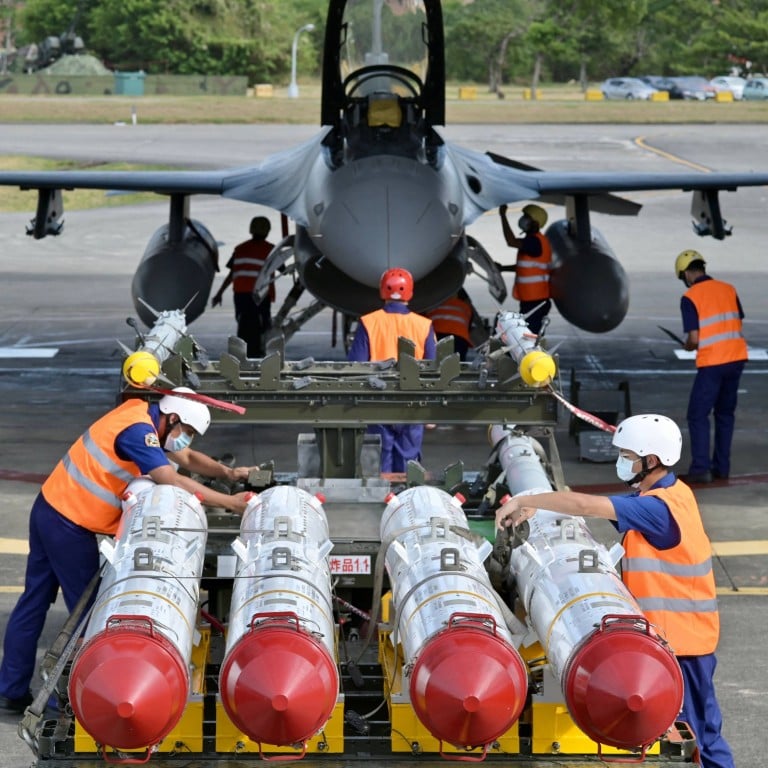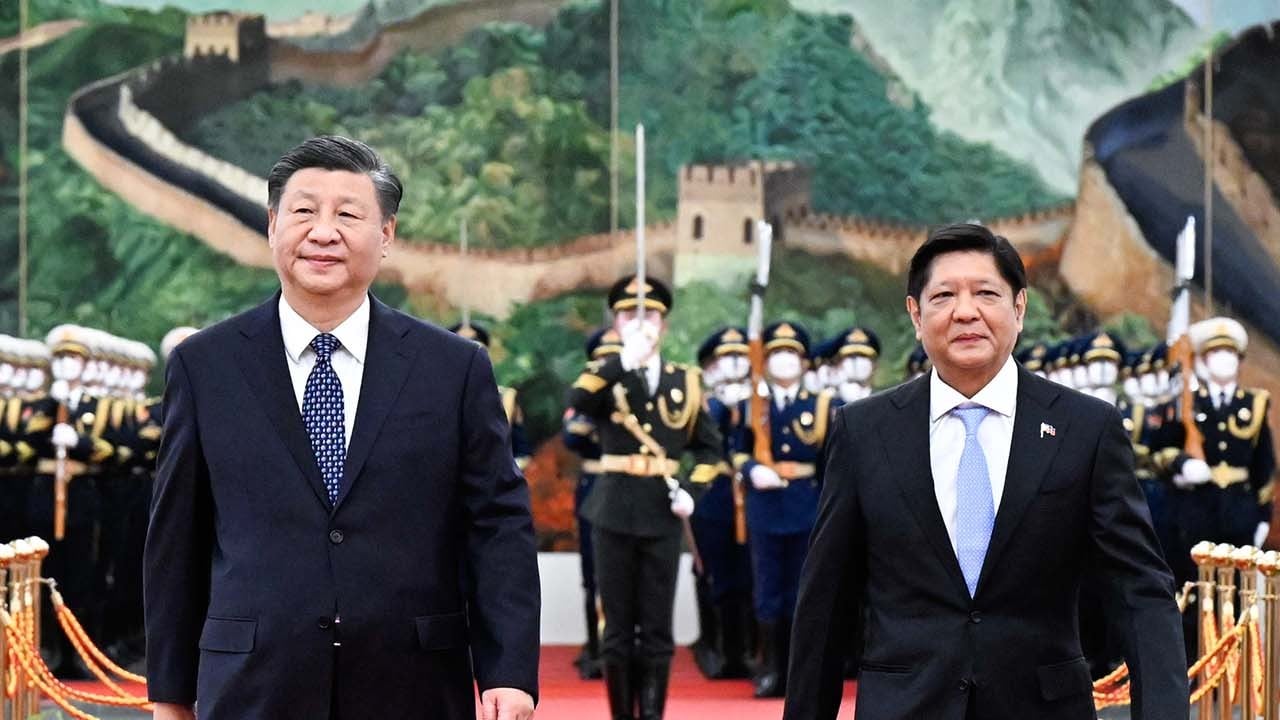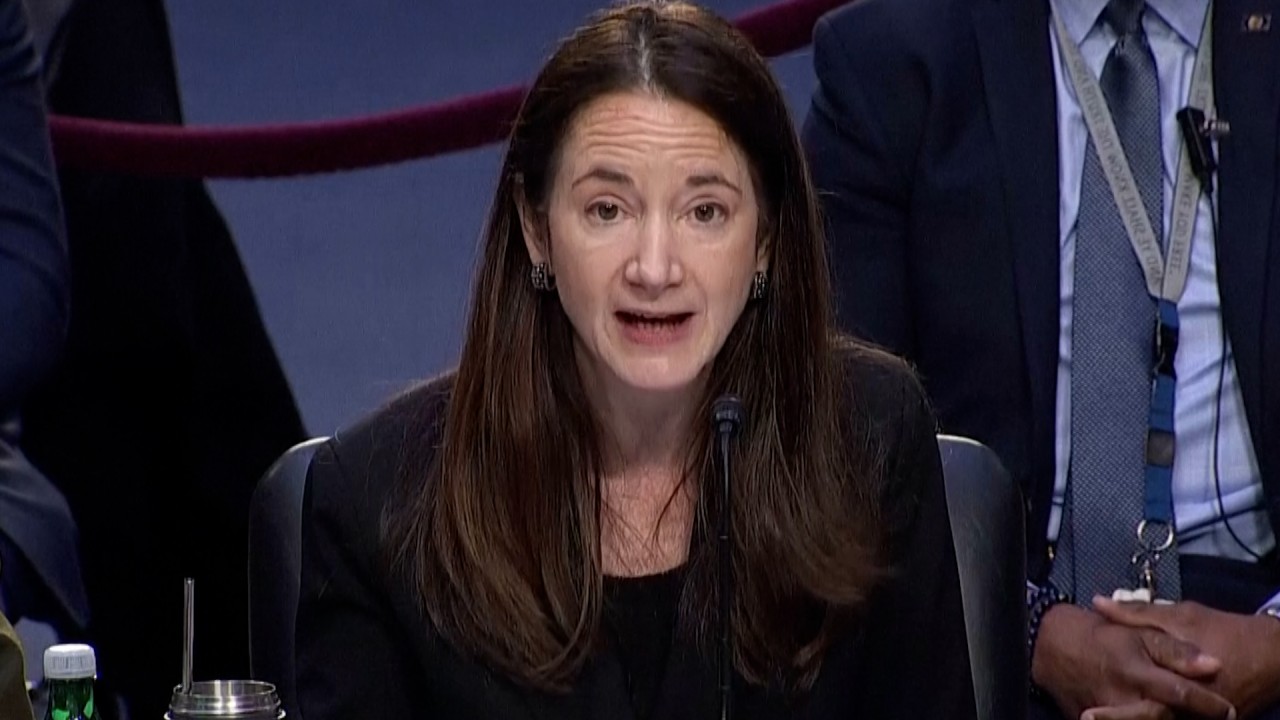
Asean wants no part in US-China rivalry or an unjust war over Taiwan
- Southeast Asia sees China as a challenge but not an existential threat like the US does. And war over Taiwan would be misguided, unjust and catastrophic
- US efforts to contain China risk embroiling the world in war. Asean and other like-minded democracies must continue to pursue peace
Asean supports a free world but it is not taking sides in the US-China rivalry because it could lead to an unjust and catastrophic war, misguidedly waged in the name of liberal democracy.
But, from Washington’s perspective, the relative stability of the past few decades has disproportionately benefited China, eroding America’s global dominance and even possibly posing a threat to US sovereignty. So China, the thinking goes, has to be contained before it’s too late.
The groupthink on China has led to a reckless one-upmanship between the Republicans and Democrats to out-hawk each other on China. Thus, the campaign to contain China is pushing their already tense rivalry into ever more dangerous territory.
According to the just war theory, war can be justified when all other options have been exhausted and there is a reasonable probability of success; in other words, the potential benefits must outweigh the harm caused.
This is the main reason Asean is not taking sides in the US-China rivalry: the Association of Southeast Asian Nations wants to avoid becoming complicit in a morally unjustifiable war.
No one religion or ideology has a monopoly of virtue and few are inherently evil. The responsibility lies with both democracies and non-democracies alike to strive towards their ideals.
How long can the Democrats hold back America’s far-right tide?
Thus, America is waging a two-front war to defend liberal democracy: domestically and internationally. Restoring its democracy should be Washington’s top priority, as a strong and exemplary American leadership is seen as crucial to preserving the free world.
Relentless US efforts to contain China run the risk of a catastrophic war, which is unlikely to make the world or America safer.
The fissures cutting across the US sociopolitical landscape are deeply rooted in American soil. They did not originate from China and are unlikely to disappear even if China is contained.
Another principle of the just war theory is that war must be waged for a justifiable cause. To invoke war in the name of race and religion does not constitute just cause. The US and its allies have placed themselves on a war footing, not so much to defend liberty and equality but to preserve America’s ethno-religious hegemony.
The 21st century faces a looming crisis. The world is in danger of becoming embroiled in an unjust war that would not only be catastrophic but waged on the false premises of defending liberal democratic values. Asean and other like-minded democracies must continue to make the case for peace and help pull humankind back from the brink of disaster.
Peter T.C. Chang is deputy director of the Institute of China Studies, University of Malaya, Kuala Lumpur, Malaysia



